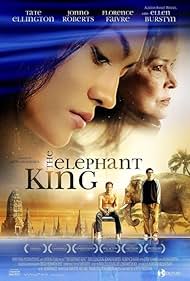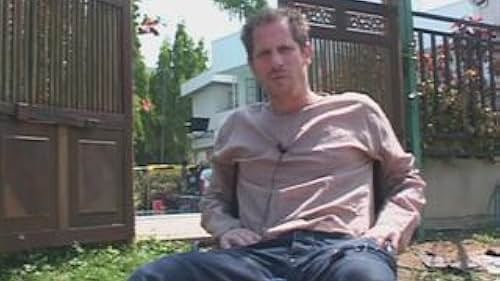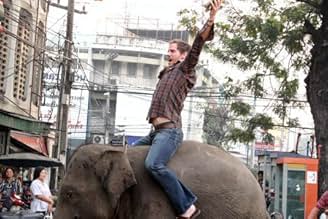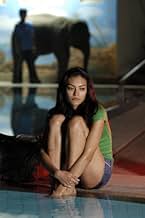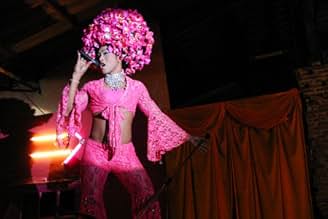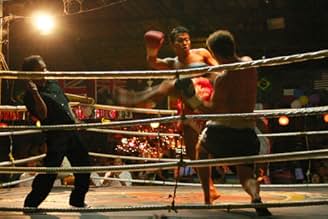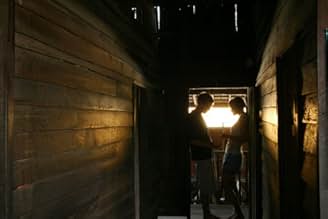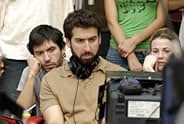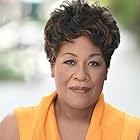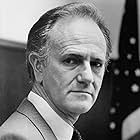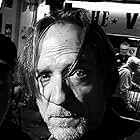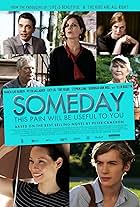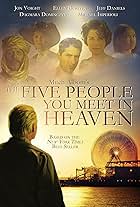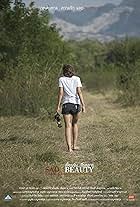A young New Yorker travels to Chiang Mai on an anthropological research grant and quickly loses himself in drink, drugs and loose women. Sound familiar? Substitute gender, nationality and mission as needed, and this plot could be about many foreigners who arrive in Thailand intent on noble causes and find themselves a bit distracted.
The Elephant King was shot almost entirely on location in and around Chiang Mai, Thailand's northern capital, and one of the film's primary characters is Chiang Mai itself. A montage of muddy city walls and steaming moats, 7-Elevens and abandoned housing estates, Space Bubble disco and Wat Chet Yot, night markets and old wooden houses, the city's paradoxical grit and grace have never before been so well-captured in any feature film, Thai or international. The script in fact turns Chiang Mai into a microcosm of Thailand, thrusting Western stereotypes about the country to the fore - and then turning them inside out.
But the core story isn't about Chiang Mai or Thailand at all, but about Jake (Jonno Roberts) and Oliver (Tate Ellingham), two brothers locked in a bully-victim relationship which both are struggling to transcend. Expat life in Chiang Mai, and their competing love for the same bar girl (Florence Vanida Faivre) merely serve as catalysts for the relationship to achieve its bloody catharsis.
Several parts of the film, including the opening sequence, were shot in New York and include memorable performances from Ellen Burstyn (Requiem for a Dream, Divine Secrets of the Ya-Ya Sisterhood) and Josef Sommer (The Enemy Within, An American Story), playing the brothers' parents, Diane and Bill. As a father envious of his sons' carousing in Thailand, Sommer provides several of the film's best comedic moments. Burstyn shines during her time on film, playing the weepy, overly-doting mother with textbook technique.
Because co-producer DeWarrenne Pictures is a Thai-registered company, the screenplay did not need advance government approval. This means we get an unvarnished - if somewhat Western-orientated - look at Thai culture and society. If and when the film does receive distribution in Thailand, there's a good chance some scenes will be censored for depictions of drug use and sex, even though these elements are neither overly graphic nor gratuitous to the story.
Although this is writer/director Seth Grossman's first feature film, I'd say chances are good to excellent that the effort will be well received critically. The film pegs Grossman - an NYU film grad who loosely based the movie on his own experiences living in Chiang Mai as a Princeton-in-Asia scholar four years ago - as something of a story-telling genius.
His art film attitude - which is thankfully more substance than pose - is ably assisted by the intense cinematography of Diego Quemada, a disciple and close associate of camera wunderkind Rodrigo Prieto of 21 Grams fame. Whether or not the film does well commercially, The Elephant King could easily reap a few international film festival awards, perhaps even becoming an underground classic along the lines of Trainspotting.
